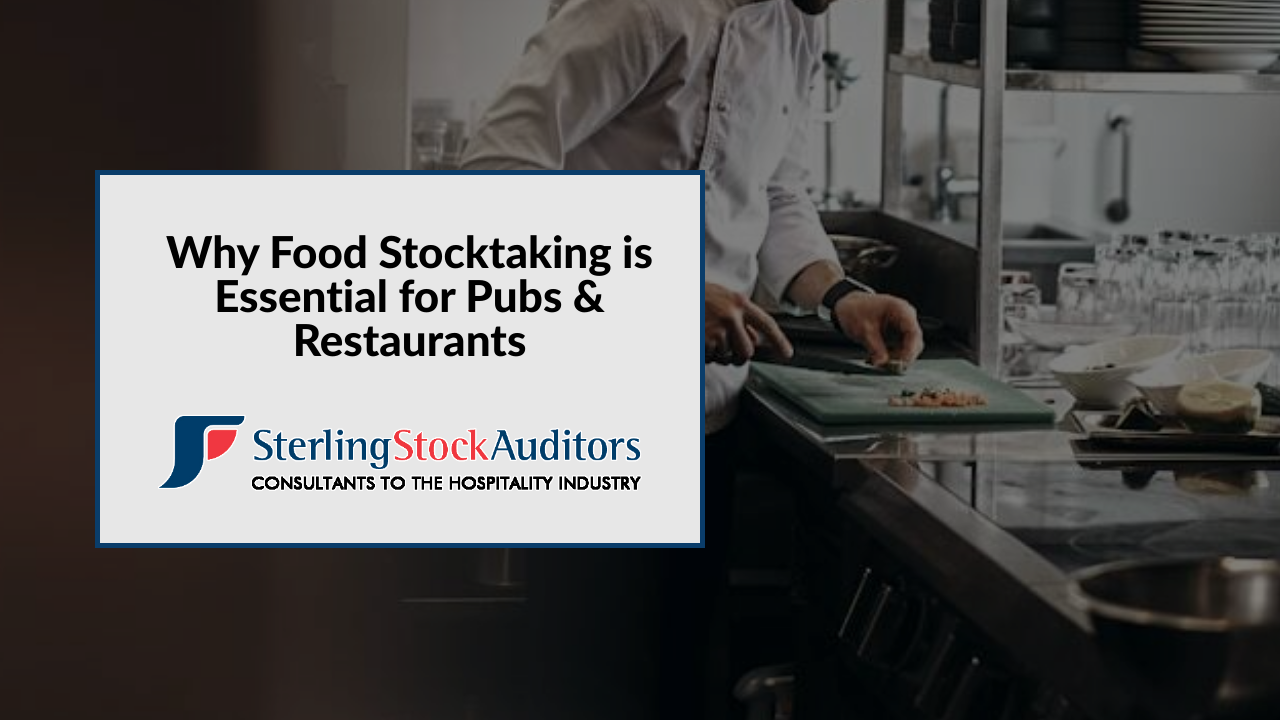
In the fast-paced world of hospitality, every penny counts. Yet, poor stock management continues to quietly drain profits from many restaurants and pubs. While daily operations keep staff busy, overlooking stock control can lead to significant — and often hidden — costs. In this blog, we’ll explore exactly how poor food stock control can hurt your hospitality profit margins and, more importantly, how you can take control.
Food Waste in Restaurants: A Silent Profit Killer
One of the most obvious consequences of poor stock management is food waste. Without clear tracking of stock levels, it’s all too easy to over-order ingredients, only to see them spoil before they’re used. Even small amounts of daily waste accumulate over time, significantly impacting your bottom line.
Effective stocktaking gives you full visibility of what’s on your shelves, what’s nearing expiry, and what needs to be reordered — helping to slash waste and improve your margins.
Portion Control: Little Changes, Big Impact
Inconsistent portion sizes are another hidden cost many hospitality businesses overlook. Without standardised portion control, chefs and kitchen staff might unknowingly use more ingredients than necessary, increasing food costs unnecessarily.
With accurate stock management and clear portion guidelines, you’ll ensure consistency, control costs, and deliver the same great customer experience every time.
Storage Mistakes That Cost You Money
Poor storage practices lead to faster spoilage and more waste. From incorrect temperature settings to improper stock rotation (FIFO – First In, First Out), these mistakes mean perfectly good food goes to waste.
Regular stocktakes allow you to spot these issues early, maintain food quality, and extend the shelf life of your inventory.
Supplier Issues and Missed Savings
Supplier errors — such as short deliveries, overcharges, or inconsistent quality — can easily slip under the radar without regular stock control. Worse still, without clear data, you might miss opportunities to negotiate better prices or switch to more reliable suppliers.
A good stocktaking routine highlights these discrepancies, empowering you to have better conversations with your suppliers and ensure you’re getting the best value for money.
Time to Assess Your Stock Practices
If you’ve not reviewed your food stock control practices recently, now is the time. Small changes can lead to significant savings and improved profitability. Regular stocktakes not only reduce waste and prevent errors but also give you the insights you need to run a more efficient kitchen.
Conclusion
Poor stock management is more than just a logistical headache — it’s a direct threat to your profit margins. By taking proactive steps to improve food cost control, portioning, storage, and supplier management, you can transform these hidden costs into opportunities for growth.
Ready to start taking control of your stock? Stay tuned for our next blog, where we’ll show you practical steps to implement an effective stocktaking routine.

